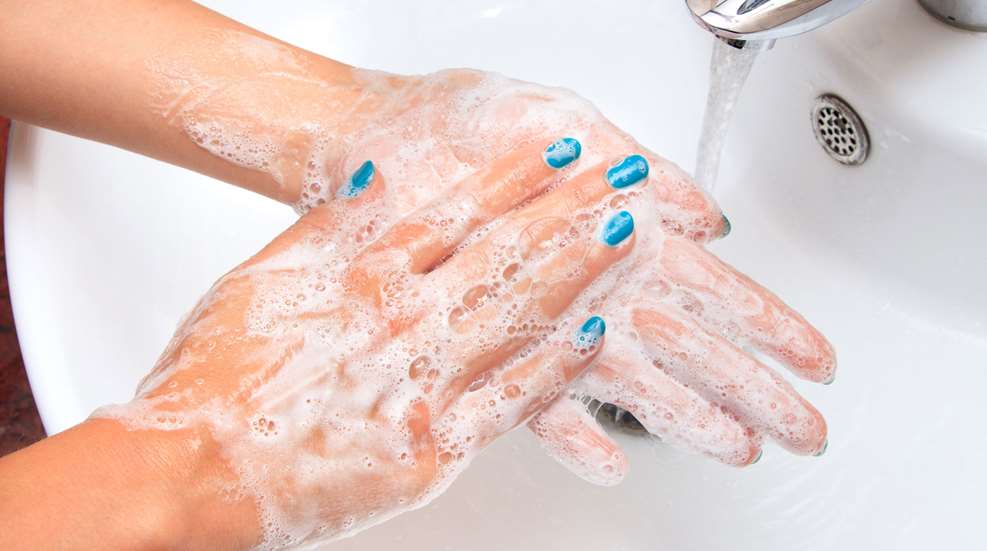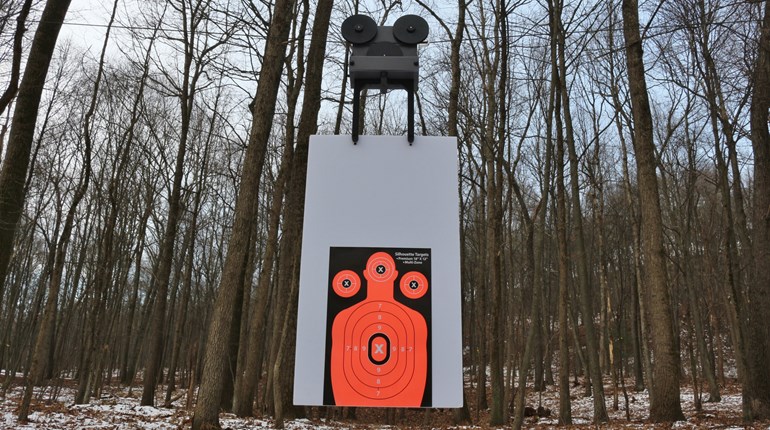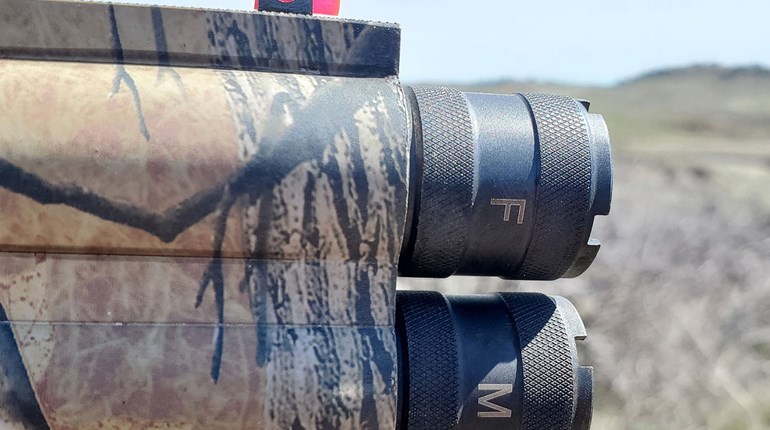
Lead poisoning is nothing to take lightly. Even small amounts of lead in the body can cause major health problems, causing developmental delays in children and everything from muscle weakness to irritability to neurological problems in adults. With lead found in our primers and projectiles, should shooters be worried? The ambiguous answer is although it isn't a dire and immediate threat, it is worth taking precautions.
There are fewer than 200,000 cases of lead poisoning in the U.S. every year, and most of those are attributed to occupational exposure (like welders) and breathing in dust from lead-based paint found in older homes. However, shooters certainly do face lead exposure, because lead is released into the air with every shot fired and we frequently clean guns that are covered in lead residue. There are so many factors involved that it’s impossible to put a real number on how much lead exposure you face after a single trip to the range, but as my doctor has told me, “There’s no such thing as a ‘safe level’ of lead in your system.”
You shouldn’t be afraid to shoot because of lead exposure, but you should be aware of it and take a few simple steps to mitigate your risk. Following these practices will allow you to shoot worry-free, but you can always ask your doctor to run a blood test if you ever have symptoms that concern you (dizziness, high blood pressure, joint and muscle pain, headache, mood disorders, and more).
1. Shoot outdoors. Indoor ranges carry more lead risk than outdoor ranges do. Indoor ranges can take steps to increase ventilation and use HEPA filters and vacuums to reduce lead exposure, but still, covered outdoor shooting is safer, and uncovered outdoor shooting is safer still. You typically won’t get a choice due to the way ranges are constructed, but wind at your back is the safest shooting position, as it will blow the lead released at the shot away from you. One study reported that wearing a standard hospital mask while shooting reduced a shooter’s blood lead level by 33 percent, but only you can decide what steps are practical for you. I personally do not shoot with a mask on, but I do follow all the other advice in this article.
2. Wash your hands. When you leave the range, even just for a short break, wash your hands. Use cold water, as warm water opens the pores, giving lead more opportunity to enter your body. Take care to wash your hands before using the bathroom (and again afterward, of course), because you do not want to transfer lead from your hands to your sensitive—and absorbent—genital tissue.
3. Avoid eating, drinking, smoking and touching your face at the range. All of these activities put your hands on or near your face, increasing the chance of lead transfer. Obviously, on a hot day at an outdoor range, you don’t want to risk dehydration—so just use common sense and try to keep your hands as far from your face as possible when you’re drinking water. And definitely wash your hands before you pick up food.
When you pick up spent casings, either to throw away or to take home for reloading, be aware that they are covered in lead dust, too, and so is the pocket, hat or range bag you gathered them in.
4. Change out of your shooting clothes. The outer garments you shot in are also covered in lead dust. Take them off as soon as you get home, before you sit on the couch or fix yourself a snack or anything else. Some shooters disrobe in the garage before they come in the house, and some go so far as to keep a dedicated pair of range shoes in the garage that never enter their home. I don’t take it that far, but I do drop my range clothes directly into the washing machine as soon as I get home rather than letting them sit in a hamper for days.
5. Shower as soon as you can. Washing your hair and body will remove any remaining lead dust. Again, use cool water to avoid opening your pores. If I can’t shower immediately after a shooting session because I’m going somewhere, like out to lunch with my shooting buddies, I try to change my shirt or remove the jacket I shot in, and I wash my arms to the elbows and rinse off my face.
6. Clean properly. After you clean guns, tidy up your work surface, wiping everything down to remove the lead dust you shoved out of your barrel that has now settled on your table and floor. Toss your dirty rags rather than reusing them. It doesn’t hurt to wear gloves while you clean—it protects your skin from harsh solvents as well as lead.

7. Consider your projectiles. Coated bullets (common coatings include copper and polymer, such as that used in Federal’s Syntech ammo) greatly reduce the amount of lead dust in the air and on your gun in the first place, which makes everything else on this list more effective. You’re still not lead-free, as lead is also found in primers, but coated bullets remove a great deal of your exposure.
It all sounds like a lot, I know. In actuality, shooting is a safe, enjoyable activity, and you shouldn’t be overly concerned; just take some simple steps to mitigate risk. Avoiding lead exposure mostly boils down to “wash your stuff” and “be aware.”















































